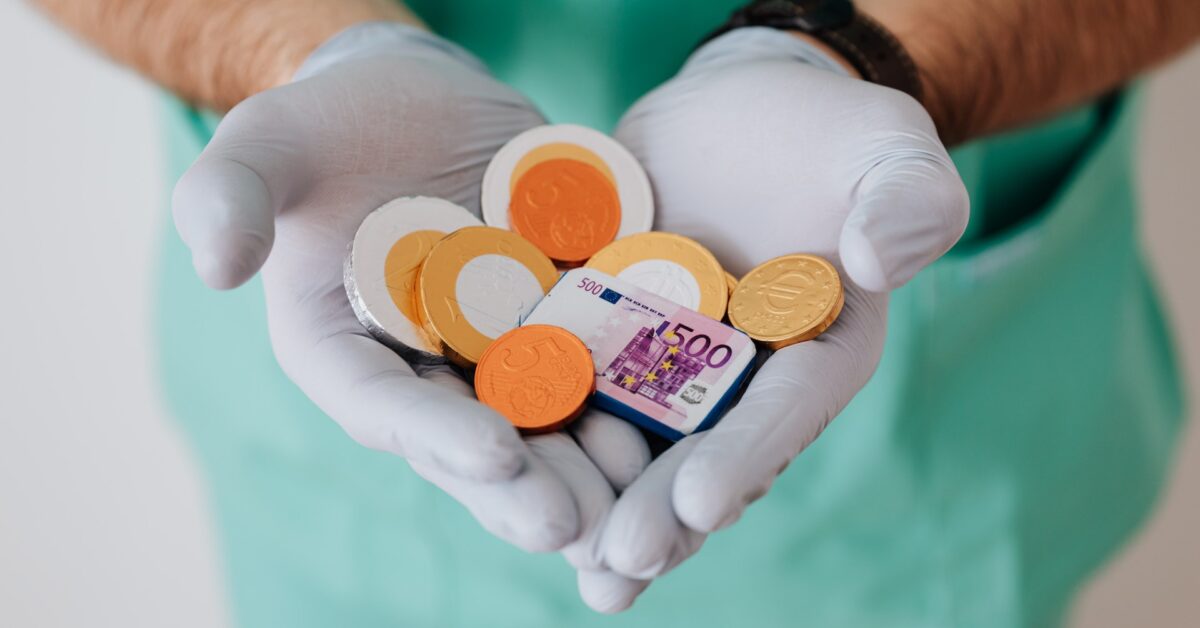It’s no secret that mobile technology has shifted healthcare services in so many ways. The fast-changing trend ensures that your remote patients get the best care no matter where they are. Once you take the digitization plunge, you are sure to focus more on patients’ needs through increased connectivity. Below are ways in which a shift to mobile solutions will undoubtedly improve remote patient healthcare.
Emergency Care Calls
Remote patients may need urgent care at any time of the day. Custom mobile devices address this need by providing acute care call options. Patients can reach out for healthcare emergency action by calling for urgent help. Moreover, your mobile healthcare technology manufacturer can create customized mobile apps for the same purpose. Either solution significantly impacts the patient’s experience.
Effective Appointment Booking and Follow-Ups
In the current era, patients and their caregivers look for efficiency in every aspect of their health needs. Customized mobile devices can create a picture of your practice’s effectiveness. Placing appointment scheduling in the patients’ hands fits current preferences for many demographics. Mobile technology lets patients digitally fill out their personal information and make an appointment request depending on the available slots. In turn, electronic data eases patient information storage and recovery while providing easy access to scheduling information for health professionals.
Increased Patient Engagement
Through real-time communication, mobile technology promises active patient engagement. Remote digital devices allow providers to communicate well with other doctors, nurses, and specialists to whom they may refer patients or patient information. You can also opt for on-device notifications or email updates to provide the patients with necessary and timely information. In addition, patients may have the flexibility to do text or on-call consultations with their healthcare providers, which can allow the healthcare provider to update progress notes quickly and efficiently. With time, patient involvement improves, which can be an important component to positive patient outcomes.
Improved Record Accuracy
Customized mobile applications housed within smartphones or tablets make it easy to maintain the accuracy of patient records for hospitals or clinics. After patients submit their information, the healthcare providers have immediate access. Security authentication makes it possible to protect the data from unauthorized access.
Easy Accessibility for Inquiries
For hospitals, clinics, and private practices, investing in telehealth services is one way to improve patient satisfaction. Mobile devices make doctor-patient communication easy and accessible. At times when patients can’t travel to an appointment, a virtual meeting can be set up for inquiries and guidance. Doctors can also easily share information about new policies both on a national scale, like medicare policy updates 2024, and in their medical practice. Customized mobile phones and tablets can lessen the burden of reporting for the patient while tired and sick and ensure they get the assistance they need, regardless of their physical location.
Eliminates Emotional Gap
A patient’s emotional engagement increases when they can easily connect with healthcare professionals. A factor that can be important in a patient’s recovery. Often, people receiving treatment need to talk to someone to express their worries, fear, and anxiety. Mobile technology is a useful tool to help fill the emotional gap by allowing doctors to show their patients empathy, concern, and emotional intelligence.
Remote Patient Recovery Monitoring
Doctors are always concerned about the aftercare recovery process of their patients. Say the physician wants to know how patients are after a procedure or surgery or how a new patient recuperates after a sickness. It is possible to maintain a robust flow of information about the patient’s recovery with the help of mobile technology. Data on the patient’s progress can be recorded on custom mobile devices and transmitted to the provider so they can easily track recovery as well as be alerted to concerns.
Customized mobile solutions are undoubtedly the best way to increase patients’ reach and engagement. Not only do personalized modules help patients, but also the practice. Patients can book or get reminders of appointments, make consultations and inquiries, and access important healthcare information right in the palm of their hands. Further, remote patients may experience better recovery when they are effectively connected to healthcare providers who care.



